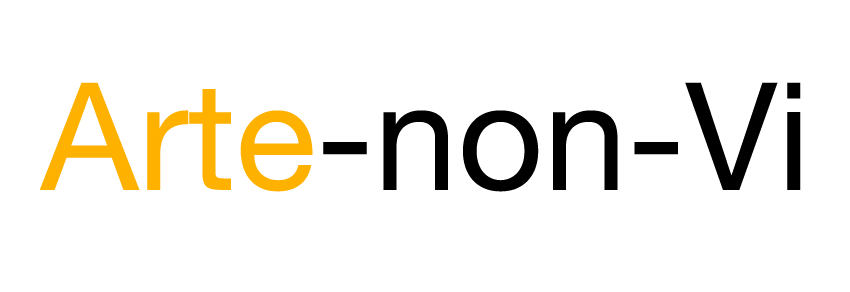Student Learning – Too much is known…
An excerpt from Professor John Hattie’s Inaugural Lecture, Univeristy of Auckland, August 2nd 1999.
Professor Hattie’s work resonates very strongly with my own experiences and limited research. It most certainly encourages me to continue with further study in this field.
This was his third inaugural lecture.
The excerpt reads;
There is so much known about what makes a difference in the classroom. A glance at the journals on the shelves of most libraries, my colleagues’ shelves, and on web pages would indicate that the state of knowledge in the discipline of education is healthy. The worldwide picture certainly is one of plenty. We now can have a library solely consisting of Handbooks, most of which can not be held in the hand. Given this bounty, it would seem remarkable that there is much left to say. That never stopped an academic.
Professor Hattie continues to say ;
We all seek positive evidence in that which we love. Teachers/Researchers, like lovers, are often blind…..
Hence, we have a school community peopled with teachers with self-fulfilling prophecies, all believing they are doing a good job, and with models of learning rarely based on any other evidence than “it works for me”. As well we have an educational research community peopled with academics chasing their pet theory, promoting their own methodology while passing each other in corridors, rarely asking for negative evidence, and pushing with passion that “if only the teachers would do this, or know that”. Both educational communities work behind closed doors, coming out to discuss kids, curricula, accountability, and each other, but rarely discussing the fundamental tenets about their teaching that leads to positive impacts on student learning.
The potential for integration of research and practice in the school setting is enormous, yet woefully underestimated by both researchers and practitioners and [mysteriously -at least to me] not pursued as a genuine policy response by system leaders.
I have worked with hundred’s of schools and hundreds if not thousands of teachers over many years, yet the focus, evidence and strength of the propositions within Professor Hattie’s paper and lecture are sadly absent from most schools and systems I have known.
Let’s hope this can be changed.
Link:

